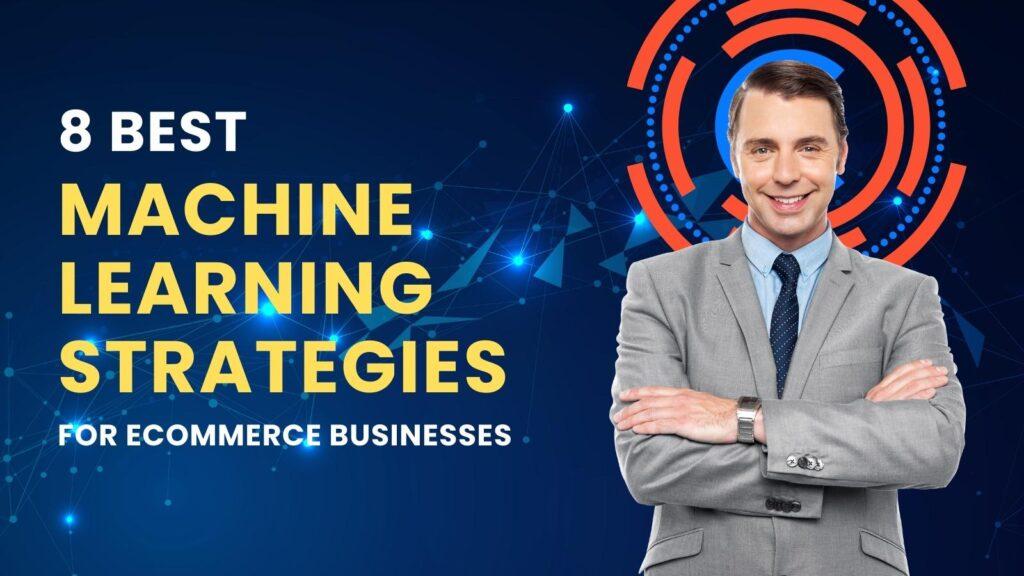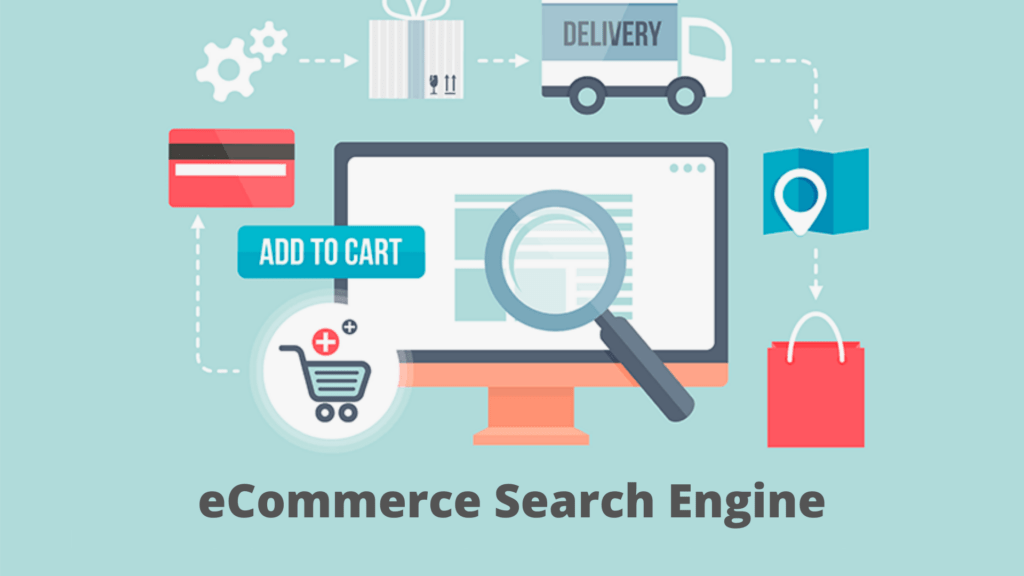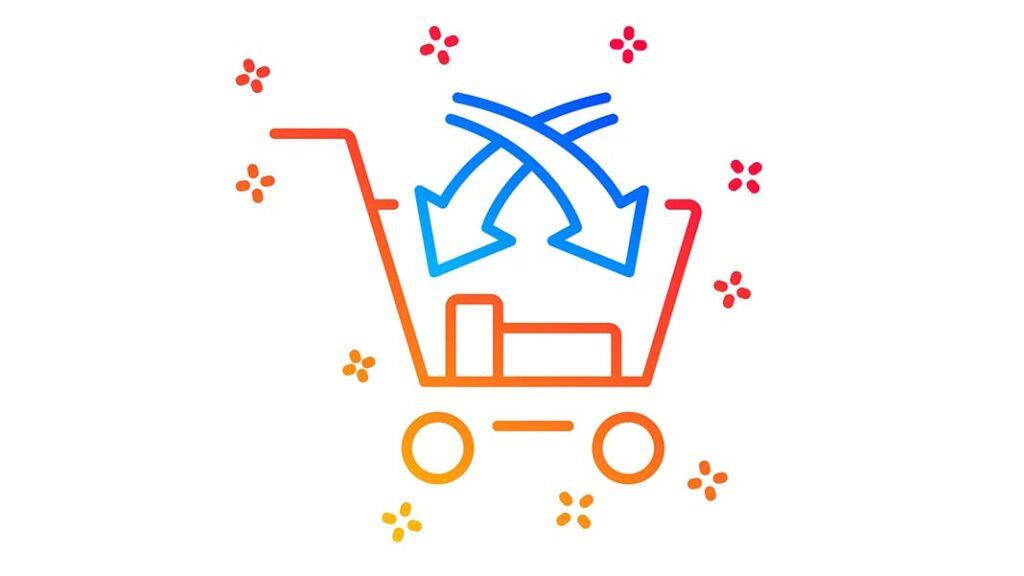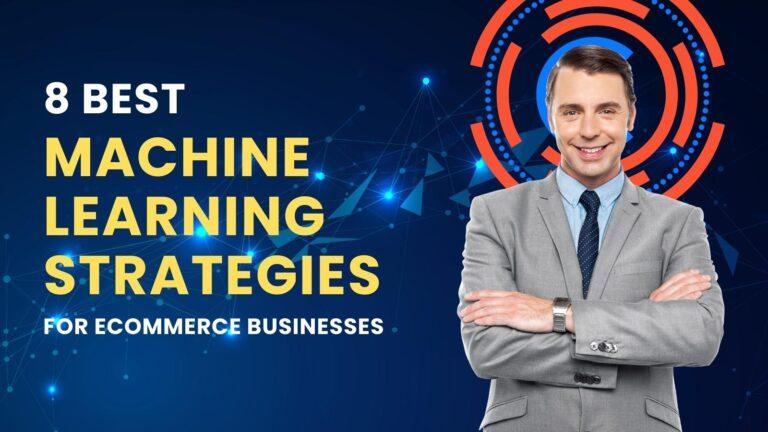Running a successful eCommerce business without basic knowledge of machine learning strategies is like a snowball’s chance in Hell. However, if you have never heard of machine learning for e-commerce, your online business is up for some trouble. And perhaps you have been trying to figure out how to improve your e-commerce trade, and machine learning is the right answer to solve your problem.
Why Machine Learning for eCommerce
Machine learning for eCommerce basically deals with understanding data to create algorithms that predict trends and outcomes of your eCommerce business activities. With this, you can understand expected results from every activity on your eCommerce store and boost sales and returns by adding the required features for optimal performance.
Without knowledge of machine learning for eCommerce, you are at the prerogative of your competitor and cyberthreats who wouldn’t hesitate to kill your eCommerce business. You need eCommerce AI to improve and have the edge over online competition. Machine learning for e-commerce helps you boost business performance like on-site search engines and improve services and product recommendations.
It arranges information and also provides plans for business growth. Don’t let me bore you with my ted talks. This article will walk you through the corridor of the best machine learning for e-commerce.
8 Must-Know Machine Learning for E-commerce Businesses

1. Segmentation and Personalized Customer Experience
Personalized customer experience is the number one machine learning tool for your eCommerce business. Your eCommerce AI will generate the right result whenever customers search for a product on your website.
In this case, vital information such as their needs, address, doubt, language, and preferences, amongst others, are gathered from customers. This ensures the company meets the customers’ needs and endeavors to serve them better in various ways. When customers go online shopping, they want to get products that best solve their needs and provide answers to their questions.
Segmentation, however, is centered on measurable behaviors. For example, when searching for products online, shoppers use natural language that gives a background relative to the earlier information. Then, based on the search result they click, an algorithm can predict their want or need. Hence, more options will be displayed to encourage purchase.
2. Improved Product Search

Improved product search makes it easy for shoppers to easily find what they are looking for on your website via the search bar. Many eCommerce business owners recommend Expertrec, a smart search engine that intelligently produces the right result even if customers spell the product wrongly. It is also much faster than the default search bar in most eCommerce websites.
3. Search Result Optimization
Another important machine learning strategy for e-commerce is using the right keywords for your website optimization. This increases your eCommerce website’s visibility on search engines.
Due to the high level of competition, every company aims to grab the customers’ attention by providing them with relevant results for their search queries. Every online shopper wants a quick response to their quest. If your e-commerce website cannot answer and provide a solution, you are running at a big loss.
However, if the e-commerce website and products are well optimized for search engines, machine learning for e-commerce will make it easy for shoppers to find your website and make purchases easily.
4. Price Optimization
Have you ever wondered why many shoppers do price sampling before making a purchasing decision? Well, the goal is to see a cheaper offer. Let’s start with the conventional brick-and-mortar stores. Imagine how much energy customers put in when bargaining for price.
Price is one of the determinants in purchasing goods and services. According to big commerce, price is one of the major drivers for at least 47% of customers. Every customer wants a discount, no matter how little it is. So for your eCommerce store to generate more sales than your competitors, you must optimize your price effectively. And machine learning for e-commerce makes this easy.
5. Product Recommendations

Product recommendation is in three ways. The first is you either get a recommendation from a customer who has come across or used the product online. The second is a recommendation from the company if you inform them about your quest and it provides what is best to solve it.
The last is through an algorithm that suggests the product from the analysis obtained from the user’s behavior. For instance, research according to McKinsey shows that 75% of videos watched on various streaming platforms are suggested to them through algorithms.
However, this is the most effective. A recommendation engine accumulates data and records of the browsing habits, contents, items added to their shopping cart, and online products purchase of a customer. Hence, suggestions of relevant and similar products that may interest the user(s) are made available.
It is important to note that various factors such as language, demography, age, eras, and other factors can hinder product sales. It is only possible to beat this in e-commerce through machine learning.
6. Eliminate Fraud and Cyber Threat
With the high rate of cybercrime and internet fraud, machine learning for e-commerce is essential for all online businesses. Common eCommerce Security and Protection software like switching your website from HTTP to HTTPS, CAPTCHA, secure payment gateway, two-factor authentication, and others come in handy for reducing cyberthreats and online fraud. This is imperatively one of the most important eCommerce AI you must put in place. Also, apart from integrating all these securities, your must users’ activities on the site.
7. Retargeting Discount and Upsell

Many customers visit product websites and add products to their cart without eventually buying them. Unfortunately, this often results in the loss of potential customers, and it’s worrisome.
To avoid this, Machine learning for e-commerce helps retarget customers via algorithms looking into shopper profile data and making use of advertisements to trigger their interest. Such advertisements offer huge discounts on products to tempt the customers.
8. Image Recommendation
This is quite simple and easy to use. Have you ever come across a strange insect? Then take the picture and send it online to gain more information? This is applicable and considered a good machine learning for e-commerce strategy.
A quick picture of a product sent on any search engine will provide detailed information about such a product. How does this work? The picture will be processed, then information like the current price will be placed available for sale alongside shipping information of the goods. Records have it that beauty.com increased sales by 15% after implementing its visual search feature.
Conclusion
This article has prepared you with the eight best machine learning strategies for e-commerce businesses. As an eCommerce business owner, ensure you employ the strategies in this article to improve your sales and satisfy your customers.




